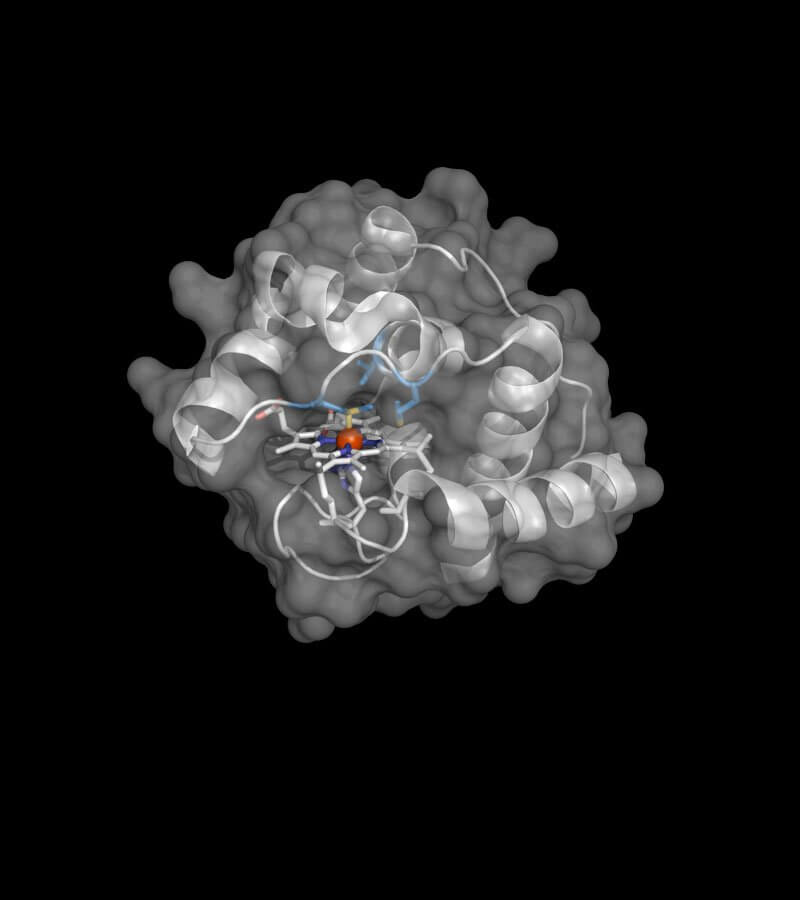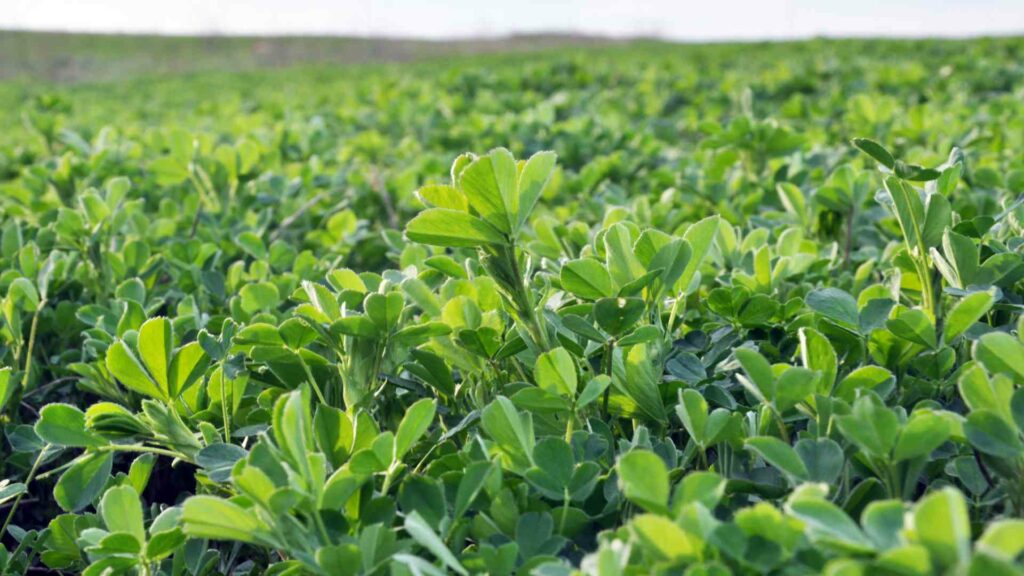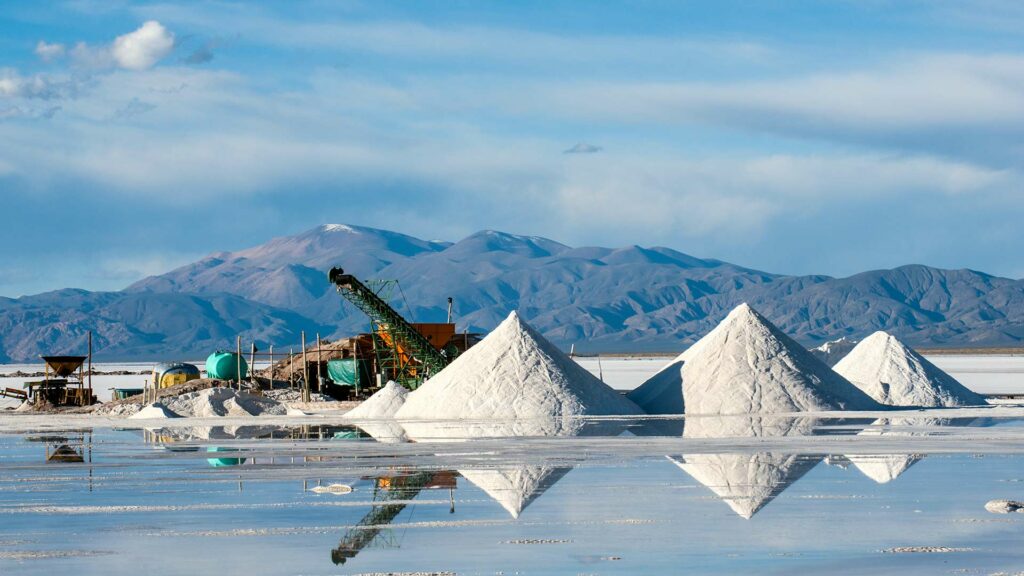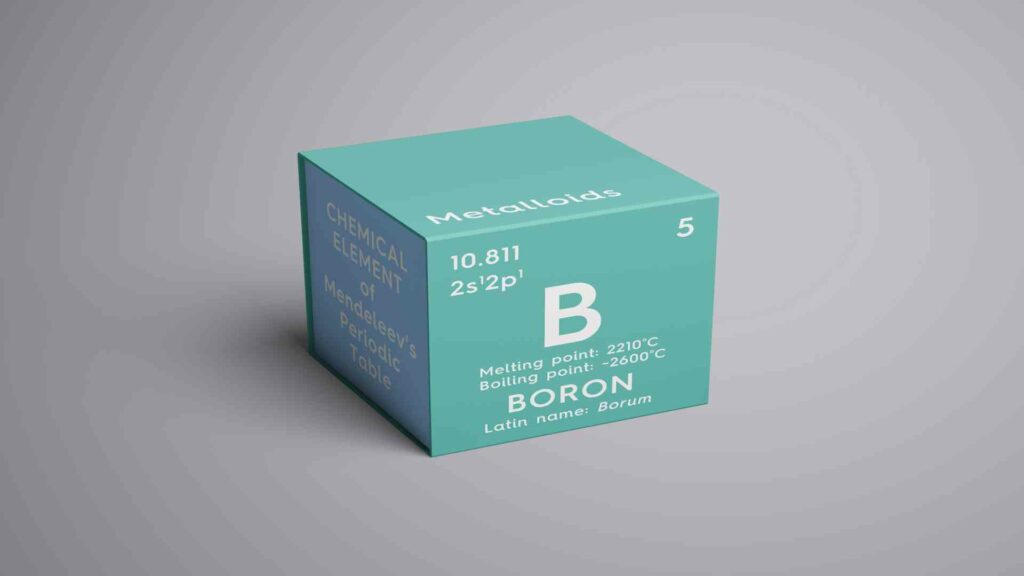Bacteria Boron-Carbon
Do you know what Bacteria Boron-Carbon is? Boron is found in plants, animals, water, soil, and even in our bodies! But what does this have to do with bacteria? Well, it turns out that boron plays a crucial role in bacterial overgrowth. In this blog post, we will discuss what boron is and how it affects bacterial growth.
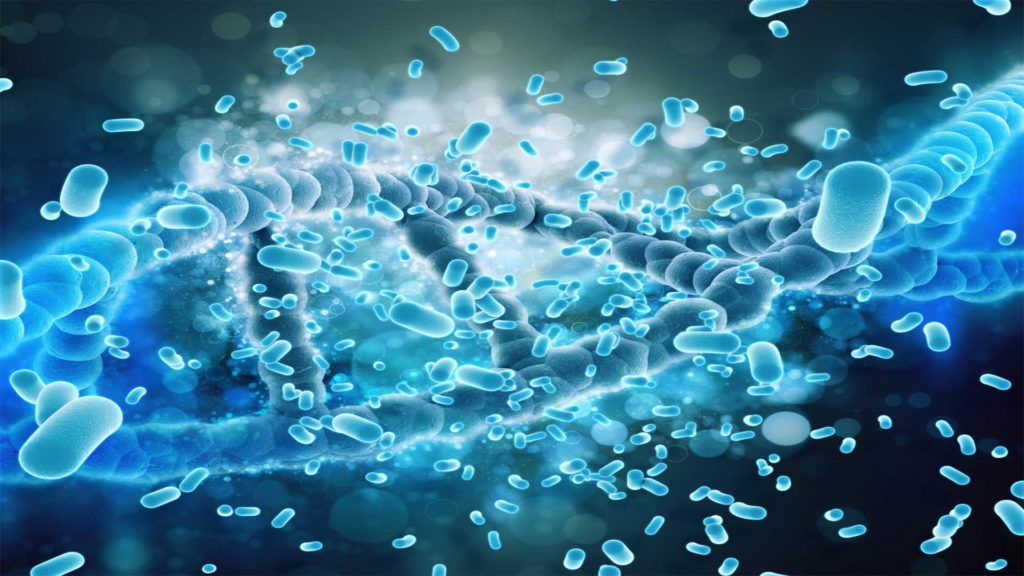
Bacteria Boron-Carbon is a type of bacteria that is found in the soil, water, and air. It shows some antibacterial properties. Boron-Carbon is a chemical compound found in nature, which can be used for various purposes. Boron-Carbon is often seen as an alternative to antibiotics due to its ability to kill bacteria. However, the research on this topic comes with some controversy and has been largely inconclusive. Boron-Carbon has potential application in water treatment plants. Here it is effective at killing harmful bacteria that can cause illness or death.
Is Boron-Carbon effective in treating bacterial diseases?
In recent years, there are many studies on the effectiveness of Boron-Carbon against pathogens. These researches include E-coli and MRSA (Methicillin-resistant Staphylococcus aureus). However, they show mixed results. But all agree that Boron Carbon plays an important role in the fight against bacterial infections.
Boron-Carbon is effective in treating disease-causing bacteria found naturally on plant surfaces. Therefore, this signals a new form of pest control. In these cases, Boron-Carbon is often used as an alternative treatment for managing diseases like leaf spots and powdery mildew. These conditions are difficult to eradicate with traditional methods such as pesticides or synthetic fungicides.
Besides, some research suggests that Boron-Carbon plays an important role in human health. They suggest the prevention of cardiovascular diseases and lowering cholesterol levels. For this reason, patients need to consult their doctor before beginning any boron-carbon treatments. It ensures safety during any treatment.
How to treat bacterial overgrowth with boron-carbon?
- Start by taking apple cider vinegar.
- Drink probiotic drinks or eat fermented foods.
- Eat yogurt and kefir. These contain the naturally occurring cultures Lactobacillus and Bifidobacterium. They are useful in eliminating bad gut bacteria.
- Take a prebiotic supplement such as Fructooligosaccharides (FOS). Prebiotics help to maintain healthy levels of good gastrointestinal bacteria. They do so by providing additional fuel for them to use while they do their work inside your intestine. Additionally, they also increase the number of these helpful organisms that live in your gut. Hence, making it more difficult for bad bacteria to take hold.
- Take vitamin C supplements with magnesium and zinc. Do this while also taking care of your gut health through dieting and exercise habits.
- Use foods like garlic, onions, ginger, or turmeric which have natural antibiotic effects on the body. It is because they contain compounds that can fight microbes in both food and water sources.
- Consider turmeric due to its high concentration of curcuminoids. These are powerful antioxidants that not only boost immunity but help control inflammation too.
What else can you do?
- Drink tea made from fresh peppermint leaves.
- It will kill any kind of bacterial activity because peppermint contains an important property called menthol. And this helps to kill bacteria, fungi, and viruses. Menthol has the unique property of killing microbes on contact. It does so by directly drawing water away from the microbes’ cell membrane causing it to dehydrate them.
- Drink lemon juice in warm water every morning. This will help increase your immune system function naturally while also regulating pH levels in your gut (which helps restore balance).
- Take probiotics as they can give you an extra line of defense. You need them against harmful digestive tract invaders like lactobacillus or Bifidobacterium cultures. Probiotic supplementation with Lactobacillus or Bifidobacterium strains may be helpful. Especially, if antibiotics are not making any difference with controlling symptoms and bacterial overgrowth disease.
Dangers of Boron-Carbon
Boron is the only chemical element that when combined with oxygen, forms two compounds. In humans and other mammals, boron is present in small amounts in our bones. But this isn’t enough to cause any adverse effects.
Boron-Carbon is an industrial chemical that is around for over 60 years. It is present in the production of glass, metal alloys, and rubber. Additionally, it was also one of the flame retardants in plastics. But the US banned it via the Environmental Protection Agency (EPA) back in 2008 due to its toxicity to humans and animals.
Inhalation of Boron-Carbon can cause difficulty breathing, coughing, sore throat, and chest tightness. This leads to respiratory failure or death if not treated promptly. You need supportive care such as oxygen therapy or mechanical ventilation.
There is no antidote for Boron-Carbon poisoning but the symptoms are usually short-lived. It is actually okay when exposure occurs during brief periods. However, continuous exposures could lead to chronic health effects. It can be inflammation and irritation of the nose, throat, lungs, and central nervous system.
Boron Carbon poisoning is typically present in welders or foundry workers. Or it affects those who are exposed to Boron carbon fumes over some time.
Do bacteria form bonds with other molecules? Are they similar to boron-carbons, to survive and reproduce themselves at an astounding rate? In these cases, they produce Bacterial Boron Carbons which is toxic to humans because it blocks the ability for human cells to use oxygen. The result is tissue acidosis and cellular death. When this happens in our gut we call it dysbiosis.
Is Bacteria Boron-Carbon a form of life or organic material?
There is a new study in the journal “Nature Microbiology” that answers this question. The research team has evidence of carbon-boron bonds in bacterial cells, suggesting these cells are alive.
The findings are here: Researchers used two different techniques to look for boron inside bacteria cells. And they discovered carbon-boron bonds. This finding opens up many more questions about life on Earth. It also makes us wonder whether we are alone in the universe.
boron-carbon bonds in bacterial cells can travel the cosmos
Several scientists and researchers are looking into the possibility that life on Earth was not originally from here. Some suggest it may have come from outer space in a meteor or asteroid. While others say organisms can survive for millions of years. And this is true even after coming to earth via solar winds.
The study’s lead author Dr. Stephen Kane says, “We are biased, but we feel our data makes an excellent case.” He added saying they were surprised how common bacteria carbon-boron bonds seem to be among cells on Earth. This suggests that these bacteria are alive. If this is true, then there is no need for any other interstellar transport mechanisms as some belief. This explains that life can travel through asteroids and meteors across the cosmos without a problem.
We do not consider Boron-carbon as a form of life. But it has some similarities with other compounds. It’s an inorganic element that can exist as one molecule or two molecules. And just like many living organisms, boron has no natural predators and reproduces through division. So while technically this isn’t alive, it shares enough characteristics for us to consider it from within its category. Bacteria forming boron carbons bonds are classified under non-living organisms mostly. It is because they share all the same properties as any other non-living organism as well.
